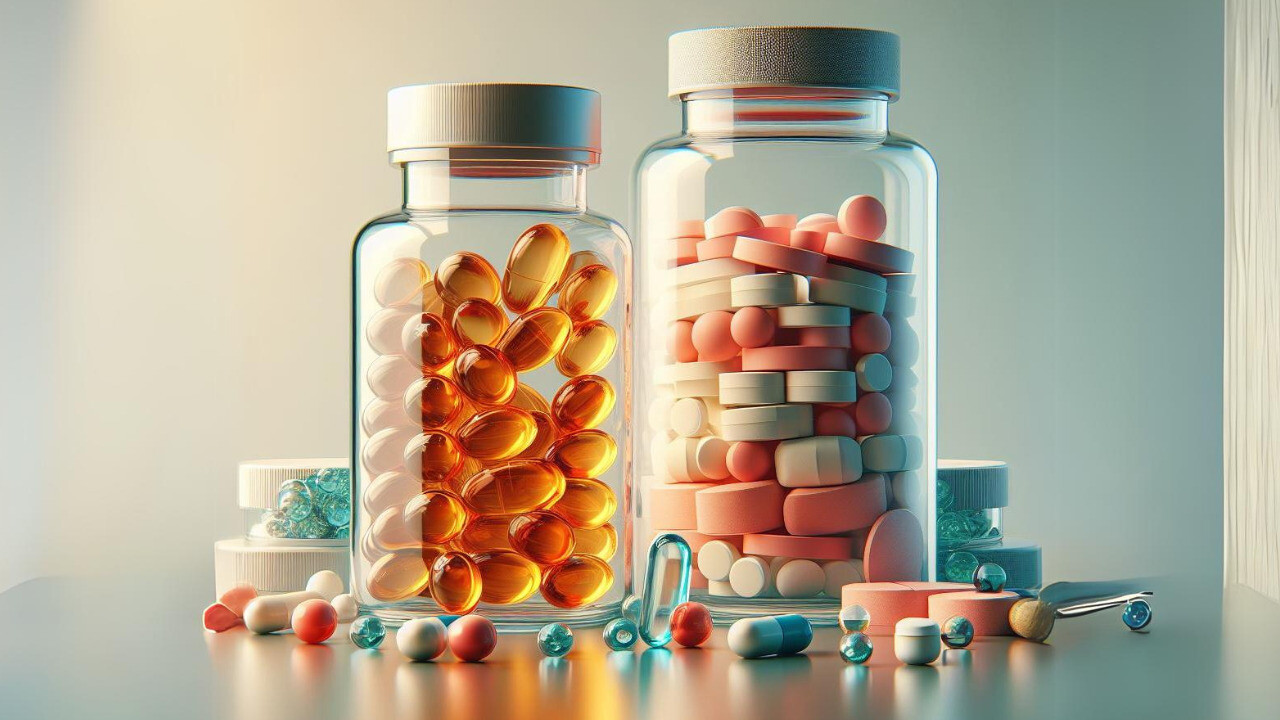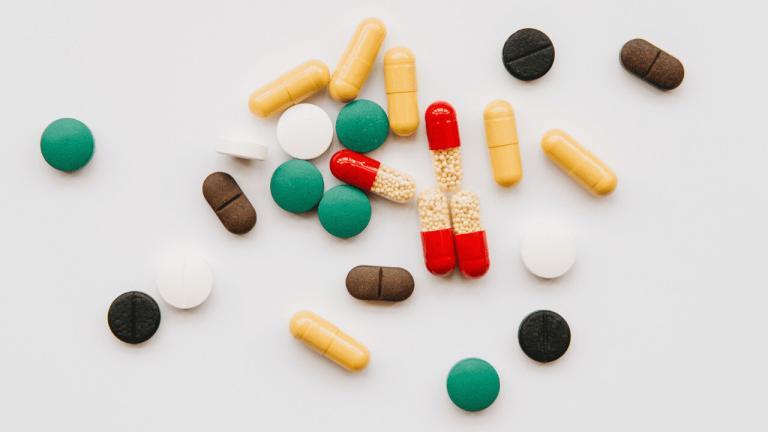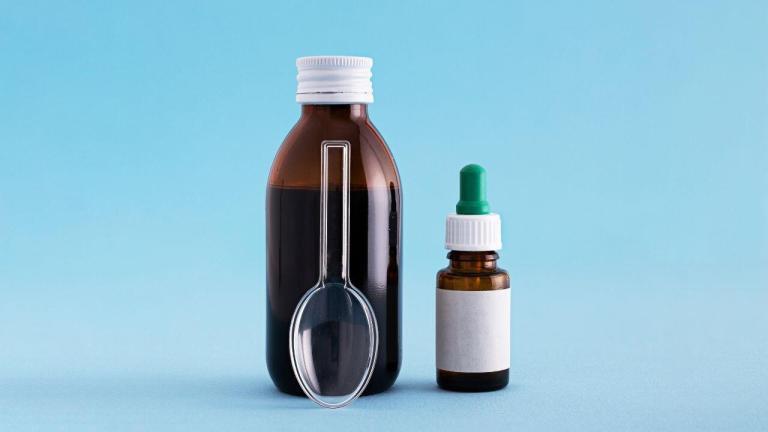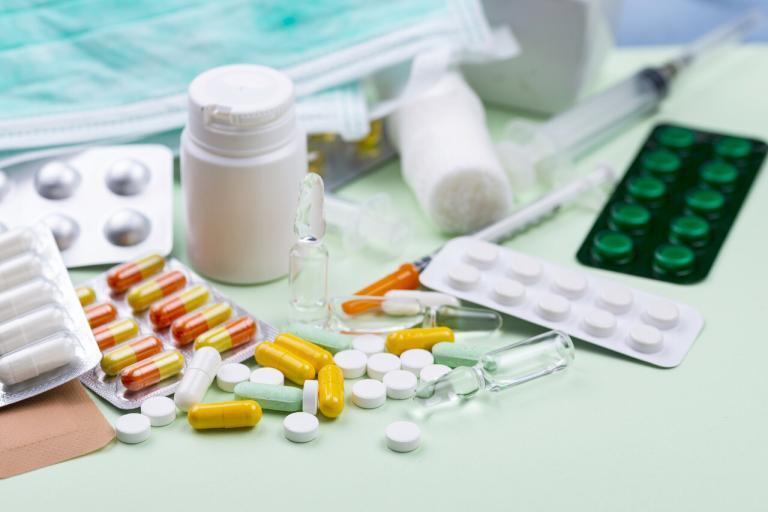
The choice between softgels and tablets often perplexes pharmaceutical businesses. Each form boasts its own set of advantages and drawbacks, making the decision challenging.
To aid in this decision-making process, let’s understand the characteristics of softgels and tablets, explore their pros and cons, and ultimately determine which form might be the best fit for you.
Introduction to Softgels
Softgels are a popular form of supplements, similar to capsules but with a different composition. They are made from a gelatin or plant-based material that encloses liquid ingredients. This design is aimed at facilitating easy digestion, ensuring that the active components are readily released and absorbed by the body.
Now, let’s explore the various advantages and disadvantages of softgels to help in making an informed decision about whether they are the right choice.
Pros of Softgels
The following are the merits associated with softgels:
1. Enhanced Shelf Life: Softgels are shielded against UV rays and oxidation, which gives them a longer shelf life compared to other forms of supplements. This means that they can maintain their potency and effectiveness for a longer duration, providing value for money.
2. Ease of Swallowing: One of the significant advantages of softgels is their flexible composition, which makes them effortless to swallow. Even for individuals who struggle with swallowing pills, softgels are generally easier to take due to their smooth texture and rounded shape.
3. Minimal Taste: While there might be a mild taste associated with the softgel casing, the ingredients themselves remain largely tasteless. This offers a palatable experience, as they can ingest the supplement without experiencing any unpleasant flavours.
4. Rapid Absorption: Softgels have a tendency to disintegrate swiftly upon ingestion, facilitating quick absorption of nutrients into the bloodstream. This rapid absorption ensures that the active ingredients are delivered efficiently to the body, allowing for faster results.
5. Tamper-Resistance: Softgels are hermetically sealed, which renders them resistant to tampering. This ensures the integrity of the product, offering peace of mind of receiving a safe and genuine supplement.
6. Higher Bioavailability: Softgels exhibit superior absorption rates compared to other forms of supplements. This higher bioavailability means that a larger proportion of the enclosed supplements is absorbed by the body, resulting in enhanced effectiveness and health benefits.
Cons of Softgels
Given below are the disadvantages of taking softgels:
1. Higher Cost: The production process of softgels, which involves liquid ingredients, can incur higher costs compared to dry tablets. As a result, softgels may be priced higher than other forms of supplements, making them less affordable.
2. Swallowing Challenges: While softgels are generally easier to swallow compared to tablets, they may still pose difficulties. Some may find the size or texture of softgels challenging to swallow, leading to discomfort or reluctance to take the supplement.
3. Gelatin Source: Softgel capsules are often made from gelatin, which can be derived from animal sources. This may not align with the dietary preferences or beliefs of many following vegetarian or vegan lifestyles. However, there are plant-based alternatives available for those seeking cruelty-free options.
4. Limited Formulation Options: Softgel capsules may not be suitable for all types of formulations. While they excel in encapsulating liquid or fat-soluble ingredients, they may not be ideal for certain water-soluble compounds or complex formulations. This limitation in formulation options may restrict the availability of certain supplements in softgel form.
5. Environmental Impact: The production of softgel capsules, particularly those made from gelatin, can have environmental implications. The sourcing of animal-derived gelatin may contribute to concerns regarding animal welfare and environmental sustainability. Additionally, the manufacturing process of softgel capsules may generate waste and consume resources, contributing to the overall carbon footprint of the product.
6. Potential Allergens: Softgel capsules may contain additional ingredients, such as preservatives or stabilisers, which could pose risks. It is essential for companies to review the ingredient list carefully for concerns about potential allergens in softgel supplements.
7. Shelf Life Dependency: While softgel capsules typically have a longer shelf life compared to other forms of supplements, they are still susceptible to degradation over time. Factors such as storage conditions, exposure to heat or moisture, and the quality of the encapsulated ingredients can impact the stability and efficacy of softgel supplements. Businesses should be mindful of expiration dates and proper storage practices to maintain the potency of their softgel supplements.
What are Tablets?
Tablets, in contrast to softgels, are composed of powdered ingredients mixed with binding agents to maintain their form. They come in various formats, such as coated or uncoated versions, providing versatility and effectiveness in delivering supplements.
This versatility allows tablets to be easily crushed, split, or mixed with food, catering to individuals who may have difficulty swallowing whole pills.
Despite their simplicity, tablets offer a reliable and convenient way to consume supplements, accommodating different preferences and needs. Whether coated for smoother swallowing or uncoated for quicker absorption, tablets remain a popular choice for pharma companies providing a straightforward supplement solution.
Pros of Tablets
The advantages associated with tablets are:
1. Versatility: One of the primary advantages of tablets is their versatility. They can be crushed, split, or mixed with food, accommodating individuals who struggle with swallowing whole pills. This flexibility in administration makes tablets suitable.
2. Affordability: Tablets are generally more cost-effective to produce than softgels. Their composition of dry ingredients translates to lower manufacturing costs, making them a budget-friendly option without compromising quality.
3. Diverse Forms: Tablets come in various formats, such as quick release, delayed-release, and extended-release variants. This diversity is important to choose the formulation that best suits the needs and preferences.
Cons of Tablets
The disadvantages of using tablets are listed below:
1. Unpleasant Taste: A notable drawback of tablets is their susceptibility to an unpleasant taste. Unlike softgels, which offer protection against the bitter taste of supplements, tablets may leave a lingering bitter aftertaste in the mouth.
2. Esophageal Irritation: Swallowing tablets, especially larger ones, may lead to esophageal irritation in certain individuals. The size and texture of tablets can exacerbate discomfort during ingestion, causing discomfort or irritation in the throat or oesophagus.
3. Slower Absorption: Tablets generally take longer to disintegrate and absorb in the body compared to softgels. This delayed absorption can prolong the onset of supplement effects, necessitating patience.
4. Inconsistent Disintegration: Tablets may exhibit uneven disintegration, compromising their efficacy and absorption. Factors such as formulation, compression pressure, and storage conditions can influence the rate and uniformity of tablet disintegration, affecting the consistency of supplement delivery.
5. Additives in Chewables: Chewable tablets often contain artificial colours, flavours, or sweeteners to enhance palatability. While these additives may be appealing, many may prefer supplements with minimal or no artificial ingredients. Additionally, companies looking to manufacture products with dietary restrictions or sensitivities in mind may need to scrutinise the ingredient list carefully to ensure compatibility with dietary preferences and health goals.
Differences Between Softgels and Tablets
Choosing between softgels and tablets for supplements can be challenging for pharma companies. Each form offers unique advantages and drawbacks. Here is a quick comparison:
Formulation and Absorption
Softgels, made of gelatin or plant-based material, encase liquid ingredients, facilitating rapid absorption into the bloodstream. This results in higher bioavailability and quicker onset of effects. Tablets, on the other hand, contain powdered ingredients mixed with binding agents.
While versatile, tablets generally take longer to disintegrate and absorb, leading to delayed effects. However, they come in various formulations, catering to different needs such as quick, delayed, or extended release, offering flexibility in supplement administration.
Cost and Affordability
Softgels often incur higher production costs due to their liquid content, making them comparatively more expensive than tablets. Tablets, composed of dry ingredients, are generally more cost-effective to manufacture.
As a result, they tend to be a budget-friendly option for pharmaceutical companies without compromising quality. However, it’s essential to consider the value proposition offered by each form concerning effectiveness and desired outcomes.
Ease of Swallowing and Administration
Softgels are known for their smooth texture and rounded shape, making them easy to swallow, even for individuals with pill-swallowing difficulties. This ease of administration enhances compliance and ensures consistent manufacture of supplements.
Tablets, while versatile, may pose challenges due to their size, texture, or taste. However, they offer flexibility in administration, as they can be crushed, split, or mixed with food, catering to diverse preferences and needs.
Environmental Impact
The production of softgel capsules, particularly those made from gelatin, may raise concerns regarding environmental sustainability and animal welfare. Additionally, the manufacturing process of softgel capsules may generate waste and consume resources, contributing to the overall carbon footprint of the product.
Tablets, although not exempt from environmental considerations, may have a comparatively lower impact depending on the sourcing of ingredients and manufacturing processes employed.
| Aspect | Softgels | Tablets |
| Formulation | Encase liquid ingredients | Contain powdered ingredients mixed with binding agents |
| Absorption | Rapid absorption into bloodstream | Generally slower absorption |
| Cost | Often higher due to liquid content | More cost-effective with dry ingredients |
| Ease of Swallowing | Smooth texture, easy to swallow | May pose challenges depending on size and texture |
| Versatility | Limited formulation options | Various forms available, including quick, delayed, or extended release |
| Environmental Impact | Concerns regarding gelatin sourcing and manufacturing waste | Considerations regarding ingredient sourcing and manufacturing processes |
| Bioavailability | Generally higher due to rapid absorption | May vary depending on formulation |
| Shelf Life | Longer shelf life due to protection against UV rays and oxidation | Shelf life may vary depending on formulation and storage conditions |
Final Words
The choice between softgels and tablets for pharma companies involves considering various factors such as formulation, cost, and environmental impact. While softgels offer advantages like rapid absorption and ease of swallowing, tablets provide versatility and affordability. Ultimately, the decision should align with the factors listed in this blog.







